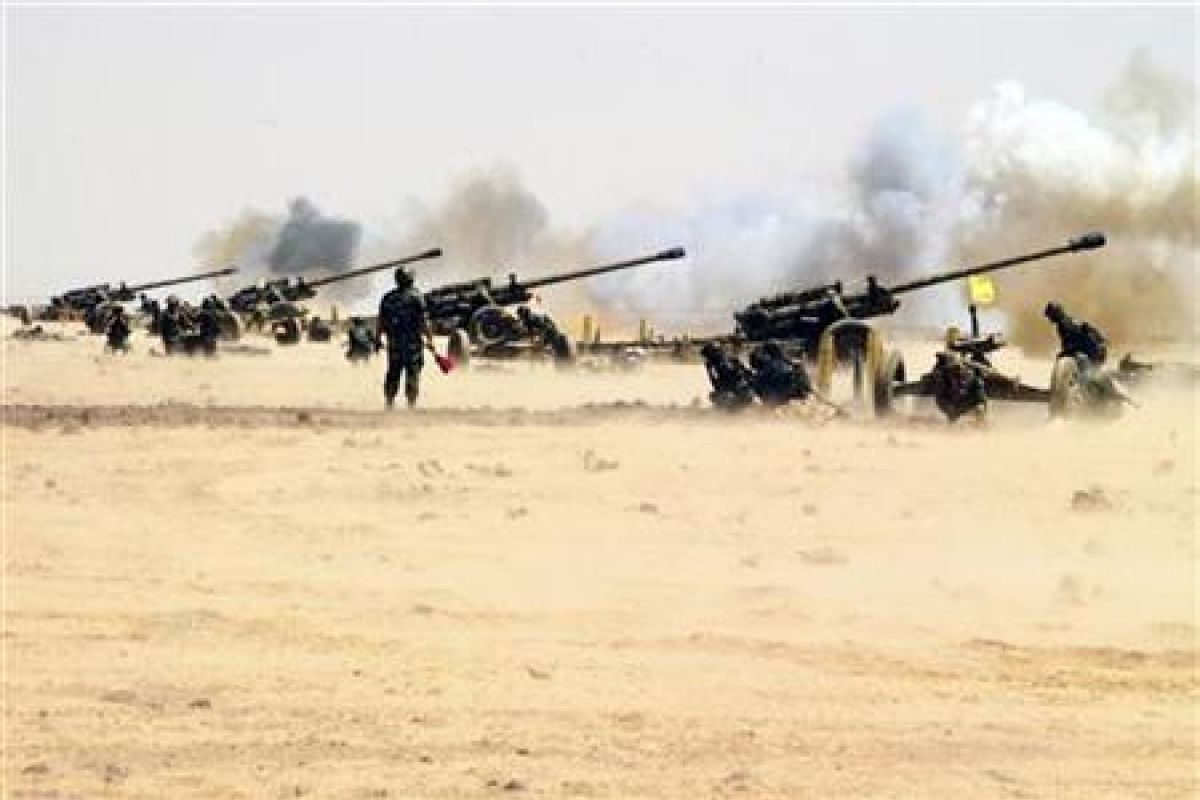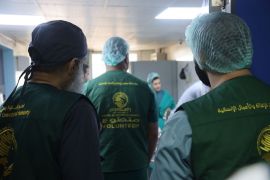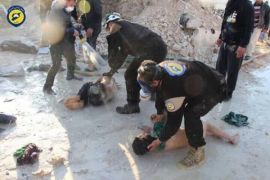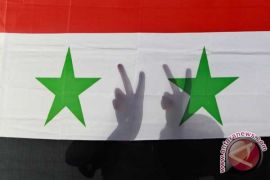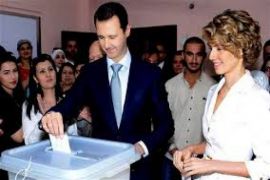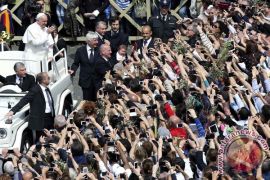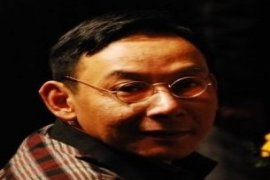Damascus, (ANTARANews) - In an underground tunnel that had been used by rebels to transfer weapons east of the capital Damascus, 18 Syrian artists carved the walls and shaped them into lively sculptures.
The sculptures, most of which glorified the Syrian army, depicted children or hailed peace, were perfectly carved on the walls of one of the main tunnels of the rebels dug under a school in the Jobar neighborhood in the Eastern Ghouta countryside of Damascus.
One of the sculptures was a soldier raising the Syrian flag, while his comrade was facing a mortar shell, implying the sacrifice the army has made for the country.
Another one featured a mother embracing her child with her hair covering him, while flowers and pigeons flew around.
Muhannad Mualla, a Syrian soldier, came up with the idea of turning the walls of the tunnels into sculptures, said Xinhua.
He created the first sculpture work on a wall in the tunnel while the war was still raging in Eastern Ghouta.
Since the Syrian government forces recaptured the entire Eastern Ghouta earlier this year, more artists joined Mualla and created a beautiful set of sculptures in the tunnel.
Mualla told Xinhua that the artworks conveyed a message that Syria will rise again from the ruins.
"We have tried our best to tell the public opinion that Syria is impossible to die even if it got hurt," he said.
Mualla said the idea was born when he wanted to express and share his feelings about the sacrifice of the soldiers in the war in his own way.
"We tried to tell the story of the sacrifice of the Syrian army, the mother of the martyrs, the homeland and to highlight the humanity of the Syrian army about the hope in the near end of the war in Syria and about old-new Syria," he said.
The tunnel was once called "the tunnel of death," as the ultra-radical militants used such tunnels to transfer weapons previously used to kill civilians in residential areas.
It took these artists a month to finish 20 sculptures on the walls of the tunnel, nine meters underground.
Syrian President Bashar al-Assad recently visited the tunnel with his wife Asma, hailing the efforts of the artists.
"Darkness, destruction and death are their (rebels) culture while creation, light, art and life are our culture," said the president.
Anas Qatramiz, a sculptor and head of the artists, said the artists came from different areas and were united by their love of art.
Amina al-Na`san, one of the artists, said the idea of the artwork is turning the tunnel from a place threatening people and civilization to a place that presents works of beauty and love.
Reporter: Antara
Editor: Chaidar Abdullah
Copyright © ANTARA 2018
